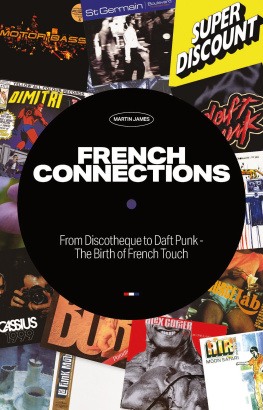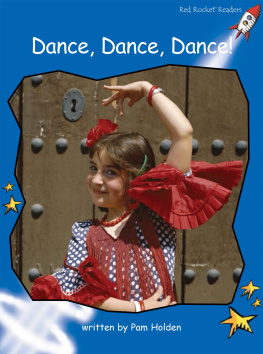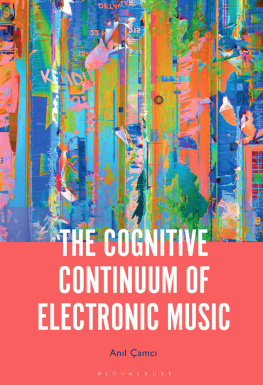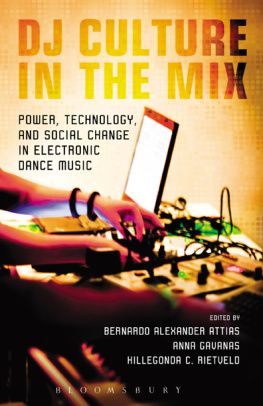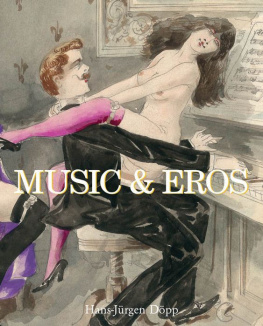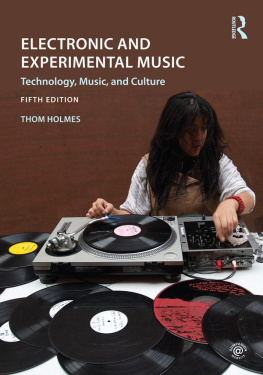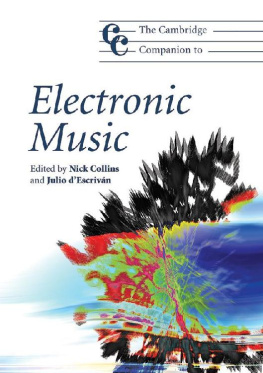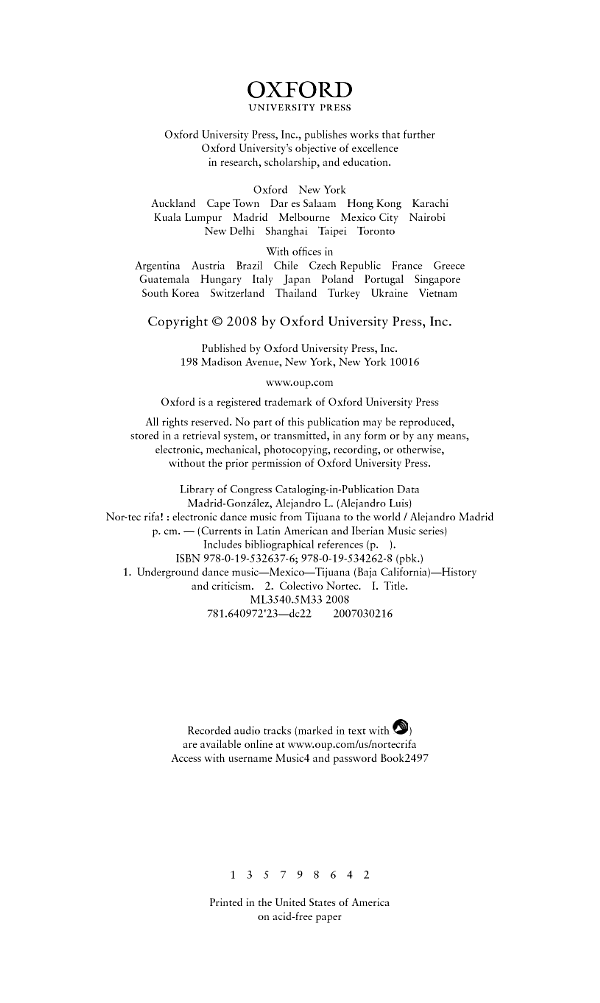Aqu yacen tus pasos:
En el anonimato de las huellas
Jos Emilio Pacheco, Tradicin
Rifa ('rifa)
v. tr.
1. Spanish slang: to control or direct; to exercise dominating power, authority, or control
v. intr.
1. Spanish slang: to be excellent or superior
2. Spanish slang: to be in total control or command
Acknowledgments
This project reflects the interest, support, and benevolence of many people. I wish to express my deep gratitude to Frances Aparicio, Arved Ashby, Harris Berger, Jan Fairley, Jane Florine, Tala Jimnez, Robin Moore, Deborah Paredez, Ronald Radano, Brenda Romero, Helena Simonett, and the anonymous reviewers at Oxford University Press for kindly reading and commenting on my manuscript or portions of it. Their insights and criticisms were extremely helpful, although I remind the reader that all polemics, oversights, and errors are my own. I am forever indebted to Margarita Mazo for sharing with me her ideas about multiple identity back when few musicologists were talking about such notions; although I do not embark on a discussion of multiple identity per se in this book, her intellectual camaraderie was very influential in the development of the theoretical framework that informs my work.
Numerous individuals with whom I have had contact have enriched this study in countless ways. I would like to thank the late Gerard Bhague, Sara Cohen, Ignacio Corona, Bernardo llari, Jill Lane, Jos Limn, Ren T. A. Lysloff, Susan McClary, Ana Mara Ochoa, Jos Antonio Robles Cahero, Leonora Saavedra, and Barry Shank for taking interest in my project as it unfolded. My deep appreciation also goes to Claudia Carretta, Miguel Hernndez Montero, Kai Fikentscher, Jos Ignacio Lpez (El Lazo Invisible), Ed Luna, Alejandro Magallanes, Georgina Rojas, Luis Rojo, Pepe Rojo, Rafa Saavedra, and Erndira Torres for their help and encouragement at different stages of my research.
I would like to offer thanks to the current and former members of the Nortec Collective (Ramn Amezcua, Pedro Gabriel Beas, Sergio Brown, Octavio Castellanos, Ignacio Chvez Uranga, Fernando Corona, Ivn Daz Robledo, Jos Luis Martn, Roberto Mendoza, Pepe Mogt, Jorge Ruiz, Fritz Torres, and Jorge Verdn) for enthusiastically believing in this project from the beginning and for their patience and availability while the book was being written. Sincere gratitude is extended to DJ Zen from Sonic 360, to Omar Foglio and Sebastin Daz from BulboTV, to Hans Fjellestad, and to David Harrington from the Kronos Quartet for selflessly sharing their work with me. I am particularly thankful to Ral Crdenas (Torolab), Ivn Daz Robledo (VJ Wero Palma), Octavio Hernndez, Jos Luis Martn (VJ Mashaka), Pepe Mogt, Josh Norek from Nacional Records, Fritz Torres from Cha3, and Gerardo Ypiz (Acamonchi) for granting permission to use copyrighted music and images both in this book and on the Web site that accompanies it.
I am indebted to Alberto Vital and Elizabeth Coln Arroyo at Mexicos Secretara de Relaciones Exteriores (Ministry of Foreign Affairs) and to Bruno Hernndez Pich, former cultural attach at the Mexican consulate in Chicago, for eagerly supporting my application for a Genaro Estrada Fellowship. This grant permitted me to spend the summer of 2004 at El Colegio de la Frontera Norte (COLEF) in Tijuana, conducting field and archival research. I would also like to offer thanks to Jos Manuel Valenzuela Arce and Fiamma Montezemolo, members of the Department of Cultural Studies at COLEF, for their help and encouragement during that period, and to Nancy Utley, Bricia Rivera, and Sandra Bello, the alwaysready COLEF staff members whose assistance was priceless.
I wish to acknowledge Nicolas Shumway, former director of the Teresa Lozano Long Institute for Latin American Studies (LLILAS) of the University of Texas at Austin. A visiting scholar position at LLILAS allowed me to focus on writing the first chapters of this book. I would also like to thank Jennifer Mailloux, administrative assistant at LLILAS, and the staff at the Nettie Lee Benson Latin American Collection for their kind support and help during my tenure at the University of Texas.
My sincere gratitude is also expressed to my colleagues and former colleagues at the Latin American and Latino studies program of the University of Illinois at Chicago: Frances Aparicio, Chris Boyer, Ralph Cintrn, Nilda Flores, Elena Gonzlez, Suzanne Oboler, Joel Palka, Amalia Pallares, Cristin Roa-de-la-Carrera, Mara de los ngeles Torres, and Javier Villa-Flores; their outstanding scholarly support, friendship, and solidarity provided the perfect intellectual environment to finish writing this book. Also, when I was a visiting lecturer at the School of Music of Northwestern University, my research project kept moving forward thanks to Peter Webster, Linda Austern, Inna Naroditskaya, and the gracious help of my research assistant, Rose Whitmore.
I am grateful to the staff at Oxford University Press for their support and guidance. Thanks in particular to Walter Clark, editor of the Currents in Latin American and Iberian Music series, to Norman Hirschy, to my superb editor, Suzanne Ryan, and to Christi Stanforth for their suggestions and for resolutely believing in my work.
Portions of this book have appeared in the following publications and appear here (in revised, adapted, and extended form) with permission of the original publishers:
Brief parts of chapters 1 and 7 originally appeared as Navigating Ideologies in In-Between Cultures: Signifying Practices in Nor-tec Music, Latin American Music Review, vol. 24, no. 2 (2003), University of Texas Press, and have since been substantially revised and expanded.
Portions of chapters 3 and 4 appeared in Imagining Modernity, Revising Tradition: Nor-tec Music in Tijuana and Other Borders, Popular Music and Society, vol. 28, no. 5 (2005), Routledge.
Dancing with Desire: Cultural Embodiment and Negotiation in Tijuanas Nor-tec Music and Dance, a shorter version of chapter 6, was published in Popular Music, vol. 25, no. 3 (2006), Cambridge University Press.
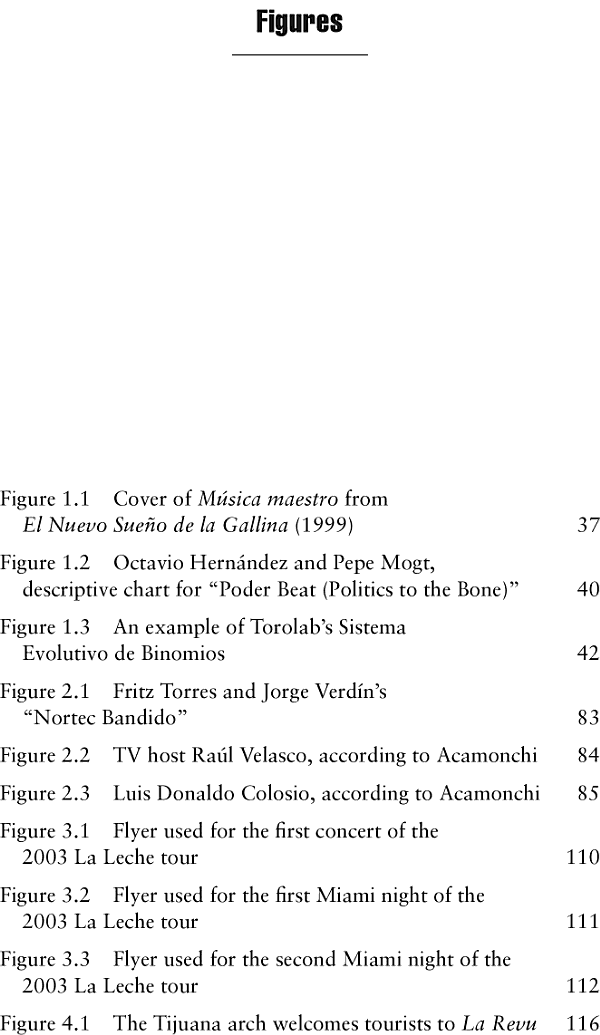
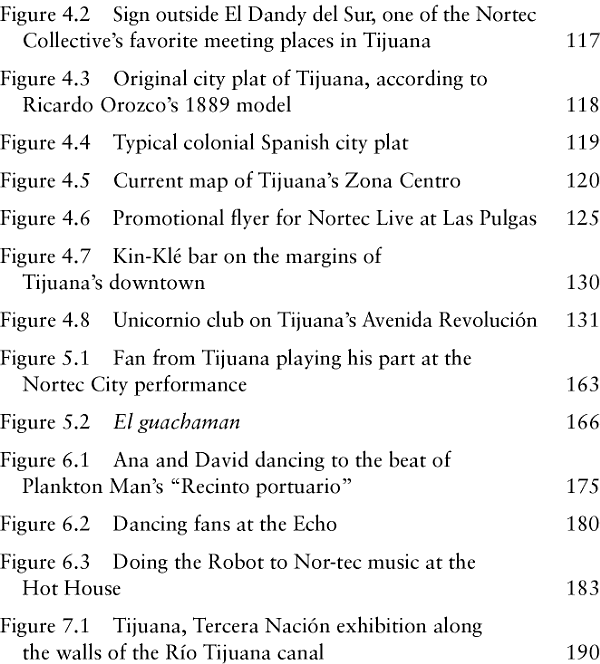
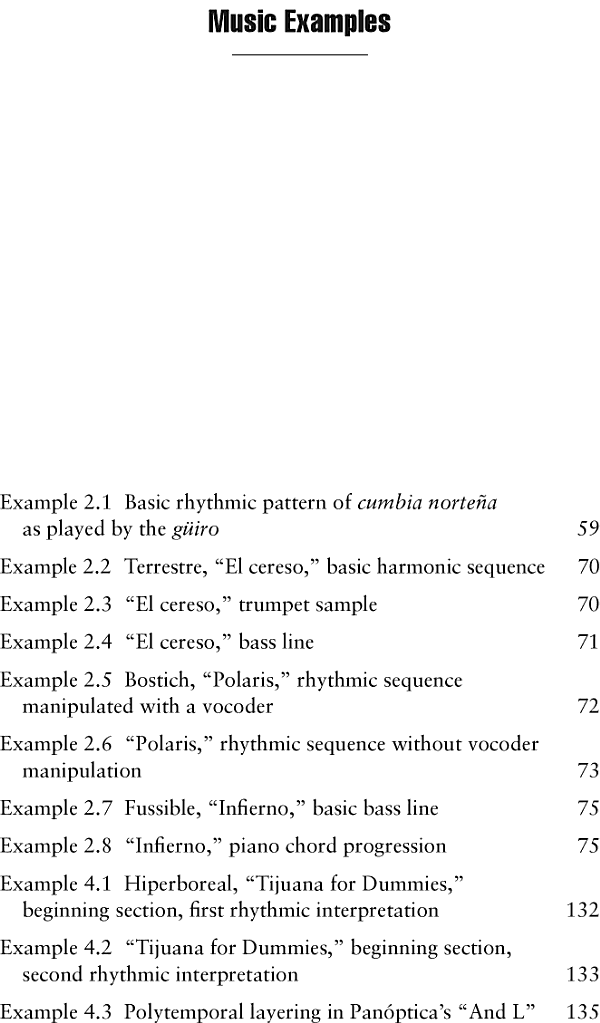


Introduction
Nor-tec and the Borders
As much as this is a book about a music culture and about the growth and transnational dissemination of a music scene, it is primarily a book about borders. It is an exploration of geographic and epistemological limits, their discursive stability, and their practical impermanence. In this book, I examine different understandings of the notions of border and boundary and the ways in which people deal with the contradictory circumstances of living in these geographic but also ideological and even mental spaces. My intention is to show how individuals in liminal circumstances continuously negotiate their identities, their pasts, their presents, and their imaginary futures, in the production, regulation, and consumption of cultural goods. Furthermore, I am interested in showing these types of negotiations as strategies that allow border communities to chart and navigate their everyday lives under the challenging pressures of globalization.


